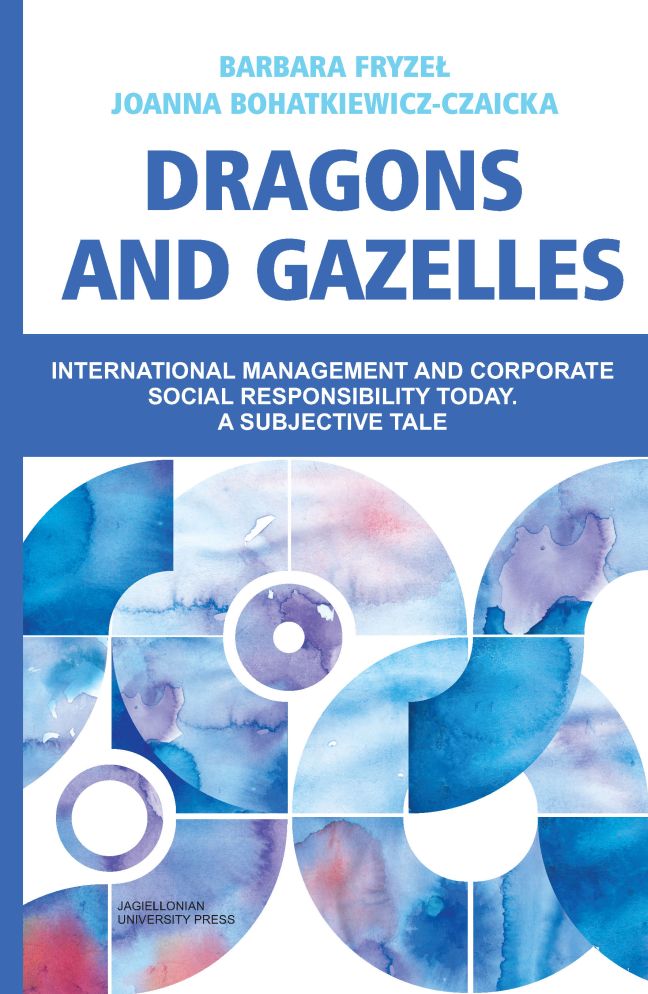 Dragons and Gazelles
Dragons and Gazelles Book contents
- Frontmatter
- Contents
- International Management Seen Holistically. Introductory Remarks
- The International Business Environment
- Capital Concentration: A Pre-Requisite or a Consequence of the Development of Transnational Corporations
- The Mechanisms of Internationalisation
- Global Marketing and Shaping Customers
- Cultural Aspects of a Global Market
- Social Perspectives of Business Internationalisation
- The Globalisation Project, Management and Crisis
- Case Studies
- References
- Appendix
- Index
- Miscellaneous Endmatter
The Globalisation Project, Management and Crisis
Published online by Cambridge University Press: 01 March 2024
- Frontmatter
- Contents
- International Management Seen Holistically. Introductory Remarks
- The International Business Environment
- Capital Concentration: A Pre-Requisite or a Consequence of the Development of Transnational Corporations
- The Mechanisms of Internationalisation
- Global Marketing and Shaping Customers
- Cultural Aspects of a Global Market
- Social Perspectives of Business Internationalisation
- The Globalisation Project, Management and Crisis
- Case Studies
- References
- Appendix
- Index
- Miscellaneous Endmatter
Summary
The evolution of international management, understood as a pool of knowledge, practices and behaviour describing how entities operate across borders, and of globalisation projects, understood as a certain political-economic consensus aimed at creating a global market system, may be verified by means of different critical events and situations.
In that context, the consequences of the pandemic of 2020 call for a degree of reflection.
Significant changes in trade and methods of transactions as well as changes in the use of new technologies which reconfigured the labour market are the most obvious consequences of the 2020 crisis. Some industries contracted rapidly due to the limits imposed on how services would be provided and business operations run—of which gastronomy and hospitality are perhaps the most commonly cited examples— while others experienced unprecedented growth due to the shift of a substantial proportion of business and trade activities to the virtual sphere, such as IT and e-commerce. This new division of wealth, visible at the level of industries but also brands, is also reflected on a micro-scale and in the growing inequalities (see International Labour Organization, 2020; Mahler et al., 2020; Neate, 2020).
In spite of trade moving to the virtual sphere, the economic slowdown was clearly visible. The IMF estimated the contraction of the global economy in 2020 to be 5%, while the WTO estimated the decline in global trade at 13–32% (see International Monetary Fund; Alon et al., 2020; World Trade Organization, 2020; compare Deloitte, Connecting for a Resilient World). In light of the symptoms of protectionism policies which began to emerge during this crisis, questions about deglobalisation started to mount.
Online work redefined labour markets and employee-employer relations; even if favourable comments about the effectiveness of such a solution are heard, undoubtedly it brought with it a fundamental shift. Digitalisation, the automation of production and AI have all been developing for quite some time now; however, the crisis may be seen as a catalyst for change, not only in the short term, but in the long term as well in terms of defining the needs of the labour market.
The crisis also revealed a rapid shift in the role played by governments. In theory, the global economy project assumes that the role of governments as active participants in market processes should be significantly reduced, limiting their role as producers or buyers, leaving the market free of any interventions.
- Type
- Chapter
- Information
- Dragons and GazellesInternational Management and Corporate Social Responsibility Today. A Subjective Tale, pp. 115 - 122Publisher: Jagiellonian University PressPrint publication year: 2023


